
News writer
I was surprised when I learned that most of the lottery tickets in New Zealand can be bought by minors. In the whole country, the websites that provide games like Lotto, Play 3, Keno, and Bullseye show clearly that there is no age limit.
Amazingly, in New Zealand, children as young as seven years of age can purchase such tickets.
No-limit lottery status in New Zealand
The strange landscape is shifting. The Regulatory Systems (Internal Affairs) Amendment Bill, which raised the legal age of all lottery items to 18, was adopted by the New Zealand Parliament on August 13, 2025, during its first reading. Public health specialists claim that children can still access the remainder of the lottery lineup because only the Instant Kiwi scratchcard is restricted to people who are 18 years of age and older.
Supporters contend that allowing kids to purchase tickets normalizes gambling at an early age and minimizes its risks, even if it's only to assist parents. Gambling before the age of 13 increases the likelihood of subsequently developing a gambling problem, according to research.
Lotto NZ and the Problem Gambling Foundation support the measure, which would impose fines of up to NZ$1000 on merchants who sell to minors.
This is common sense to many of us. However, when one looks at how lottery age limits are managed in other nations, the complexity and variance become more apparent.
Lottery age restrictions: 16–21 and all points in between
Let's take a closer look at other countries and their age restrictions for lottery product purchases.
Europe
- UK: Up until April 2021, 16-year-olds in the UK were able to purchase scratchcards and National Lottery tickets. The minimum age is currently 18. After research revealed that teens were spending millions of dollars a year on scratch cards, raising concerns about how easily addicts could become addicted, this policy was put into effect.
- Germany: According to most gambling laws, an individual must be at least eighteen years old to play the lottery in Germany. In response to EU pressure for more uniform gambling laws, the age was standardized across states in 2012.
- Estonia: Lottery tickets are still available to those as young as 16. According to these officials, playing the lottery is less risky than gambling at casinos. Some are concerned, though, that it would still normalize gambling habits too quickly.
- Ireland: All National Lottery games need a minimum age of 18. Interestingly, surveys conducted in Ireland showed that almost one-third of kids had tried scratch cards prior to the rigorous enforcement of the 18+ restriction.
North America
- The age requirements for the lottery vary greatly from state to state in the US. The norm is 18 in the majority of states, which covers Powerball and Mega Millions games.
- Nebraska: Participants had to be 19 years old in order to comply with the state's drinking age.
- Similar to purchasing alcohol, players must be 21 years old in Arizona, Iowa, Louisiana, and Mississippi. These states' lawmakers argue that lowering the barrier reduces the harm that gambling does to college-aged adults.
- One peculiarity is that while charitable pull-tab gambling in Minnesota is restricted to those aged 18 and up, pull-tabs in bars require a 21-year-old to participate.
Canada
Similar to the US, each province has its own lottery age regulations.
- Most provinces set the age at 19.
- In Alberta, Manitoba, and Quebec, lottery participation is allowed beginning at the age of 18. The age gap is especially perplexing to those who are driving from Ontario (19+) into Quebec (18).
Oceania
- Australia: All states and territories have 18 as the legal age of majority. However, 16-year-olds are allowed to buy some lottery items in Western Australia because of antiquated laws.
- New Zealand: Most lottery products in New Zealand (pre-bill) had no age limit, which is a clear anomaly that the new law aims to rectify.
Africa, Asia, and other regions
- Japan: Lotteries and other gambling activities in Japan require players to be at least 20 years old. Although other criteria of adulthood are rapidly shifting to 18 years old, Japan's gambling regulations are still based on the country's historical majority age of 20.
- Norway: All gambling activities, including state lotteries through Norsk Tipping, are restricted to individuals who are at least eighteen years old.
- South Africa: National Lottery tickets can be purchased by players who are at least 18 years old. Retailers selling to children have been apprehended by frequent stings, proving the stringent enforcement.
How did we get here? History matters
The laws governing age haven't changed randomly. It does, in fact, reflect larger cultural and political tendencies.
- UK reverses course: Lawmakers in the UK first thought it was okay to let 16-year-olds play the lottery in the mid-1990s. However, they started to notice that instant-win scratch cards started to gain popularity. They started to worry about youth being exposed to gambling. The administration said 16 was too young by 2021.
- Inconsistencies in the United States: Because of the U.S. Constitution, we don't have any federal regulation for gambling. States have authority over the rules they implement in their states. This results in a patchwork that gives us different rules based on the moral viewpoints of that state. Conservative states often put higher ages in place to look cautious.
- Japan: In Japanese culture, they often err on the side of restraint. They follow the age 20 line, which is not just about gambling, but it's associated with drinking, smoking, and other adult habits.
- New Zealand: Lotteries used to be thought of as harmless community fundraising. The lack of limitations in New Zealand reflects that. Nobody thought that allowing younger people to buy tickets could coincide with the idea of addiction.
Early gambling psychology
Why should a 14-year-old use their pocket money to purchase a scratch card? According to studies, the message is more significant than the financial gain.
Early gambling exposure is linked to:
- A higher risk of acquiring a gambling addiction in life, according to research from the UK Gambling Commission and the American Psychiatric Association.
- Worse later-life financial management skills.
- Normalization of risk-reward behaviors that are ingrained in other daily activities (e.g., risky drinking or stock speculation).
According to Problem Gambling NZ, buying a lottery ticket at the corner store together with a candy bar trivializes the risks of playing the lottery by portraying it as just another indulgence. Many health experts contend that even 18 may be too young for this reason, particularly when it comes to instant-win games that have a higher potential for addiction.
Where should the line be?
When taking everything into account, here are my thoughts on where that line should be drawn:
- 18 is a good place to start. You have to be 18 to sign a contract or vote or join the military, so why not add buying lottery tickets to that list? The majority of people agree that this is the age at which lottery tickets can start to be purchased.
- More research into 21. Louisiana and Iowa might be onto something. If we raise the lottery's legal age to the legal drinking age, we may see the same positive results on gambling and gambling addictions that we saw when raising the legal drinking age to 21.
- 16 is a big no. To be honest, Estonia and Western Australia need to reconsider this age. We have studies that show the brains of kids are more vulnerable to habit-forming activities, like gambling. Because of that, the legal age should never be lowered below 18.
- No limit is a bigger no. What's happening in New Zealand is a warning for everyone. It shows how outdated laws can put children at risk. Thankfully, they are working to fix this issue.
The wild card for digital
Another thing to consider is digital lotteries. In many countries, including the US, it is easier for underage players to purchase tickets online. Enforcement is far from ideal, despite the fact that most apps need ID verification. According to a 2022 UK study, 16- and 17-year-olds were still able to buy tickets online despite the new 18+ rule.
As more jurisdictions and countries promote online gaming, it is imperative to ensure strict age verification. Otherwise, in practice, age restrictions won't make much of a difference.
Comparisons to other vice products
It is useful to look at alcohol, tobacco, and cannabis in order to comprehend the lottery's meaning. These figures illustrate how the lottery compares to these other vices.
- Due to decades of evidence that underage drinking increases danger, the legal drinking age in the United States is 21.
- Tobacco: The federal minimum age was raised to 21 in the United States in 2019.
- Cannabis: The legal age for marijuana has been set at 21 in nearly all states that have legalized it. Lotteries, on the other hand, usually receive less attention, with 18 being the norm.
But if we are comparing the detrimental consequences of gambling to those of other addictive habits, then maybe the similarity raises the bar even higher.
Where is the proper line?
Although lottery age regulations differ widely, a careful examination of this topic has produced some information.
- The global baseline is 18. Most countries merge here.
- Some rise, while others fall. Estonia's 16, Japan's 20, and Iowa's 21 all exhibit the spectrum.
- New Zealand's no-limit policy was an exception. The recommended solution is long overdue.
- Enforcement becomes more challenging when digital lotteries are sold. The strength of age limitations depends on the system that supports them.
- It matters what society does. The same caution that we use to keep kids from smoking and drinking too young should be applied to lotteries.
The lesson, in my opinion, is rather clear: 18 is enough, but we should keep asking whether it is. If other vices need 21, then maybe lotteries should too. At the very least, no one younger than eighteen should be near a lottery ticket.
However, values, not numbers, are at issue here. A country expresses what risks are tolerated or anticipated of its kids when it sets a lottery age.
Gambling is portrayed by some as harmless amusement, a passing fad that is no more than a candy bar or soda. Some believe it to be a potentially dangerous habit that ought to wait until adulthood is well established.
Both points of view shed light on how communities manage to combine freedom and protection. There is more to the debate than whether a 17-year-old can handle a $2 scratch-off. The issue is whether society ought to be the one to introduce children to that temptation in the first place.
Limiting age is less about preventing a single ticket purchase and more about setting boundaries for what we view as normal in public life. These boundaries are crucial and need to shift in light of our expanding knowledge of damage, addiction, and accountability, as the proposed reform in New Zealand serves as a reminder.
In the end, drawing the line is about creating a future where the lottery remains what it should be: a game of chance for responsible, mature adults rather than a kid's pastime.
Enjoy playing the lottery, and please remember to play responsibly.
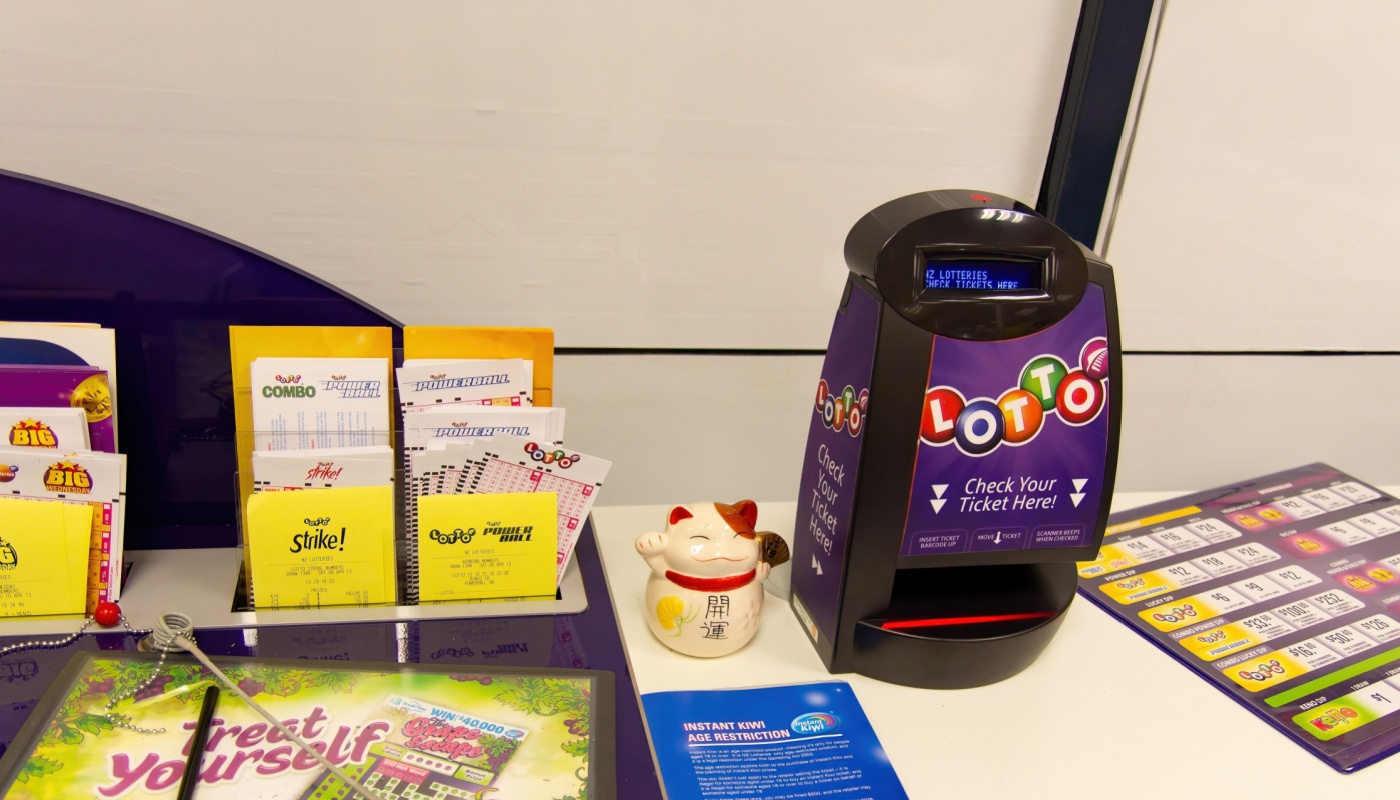
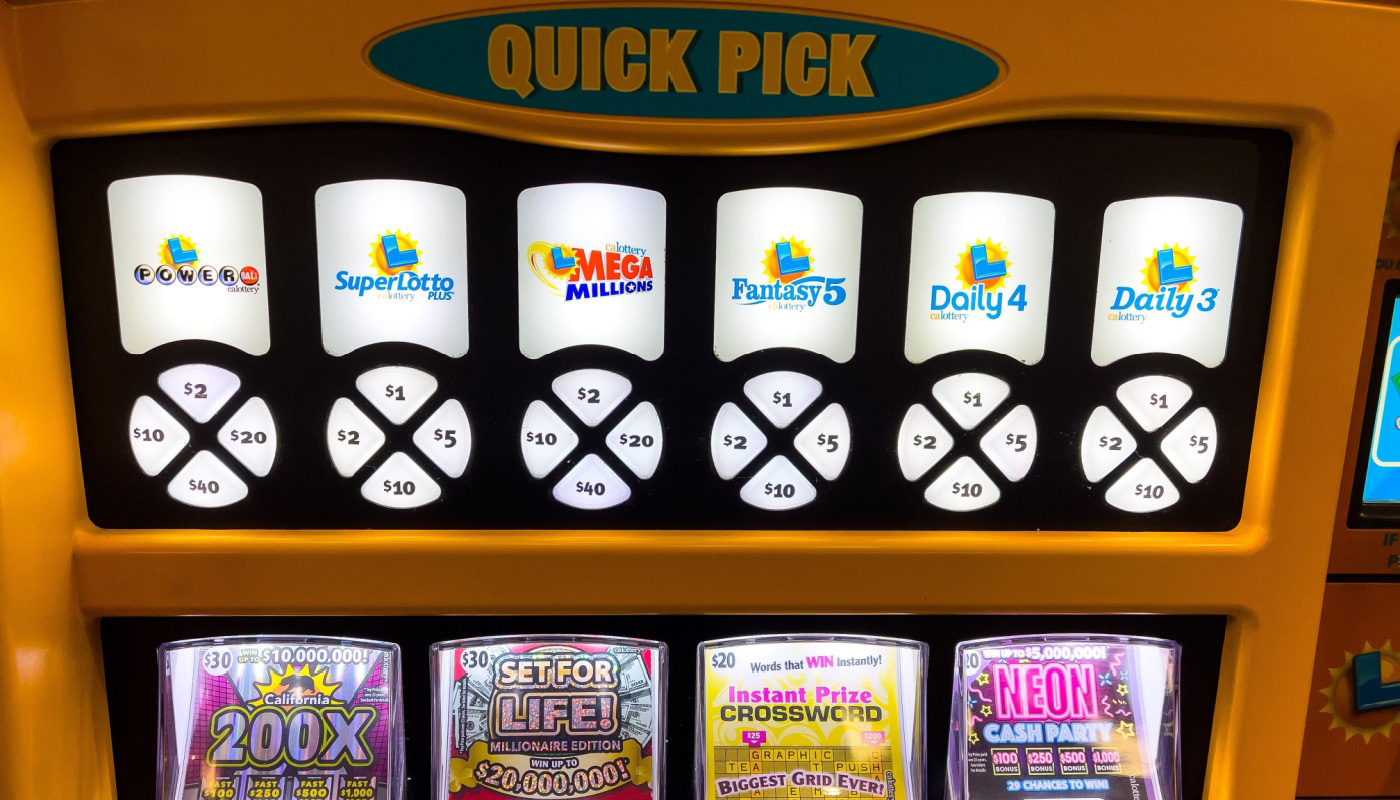
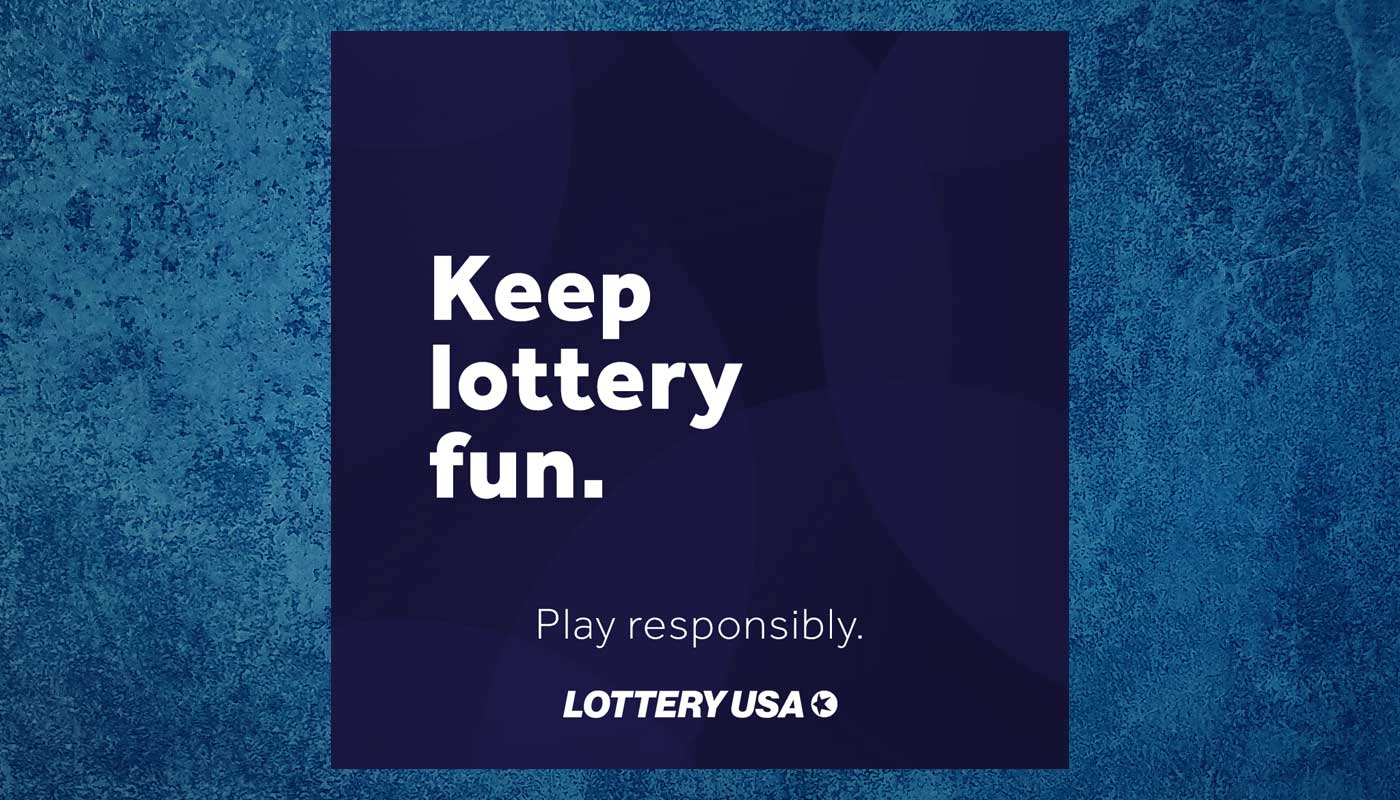


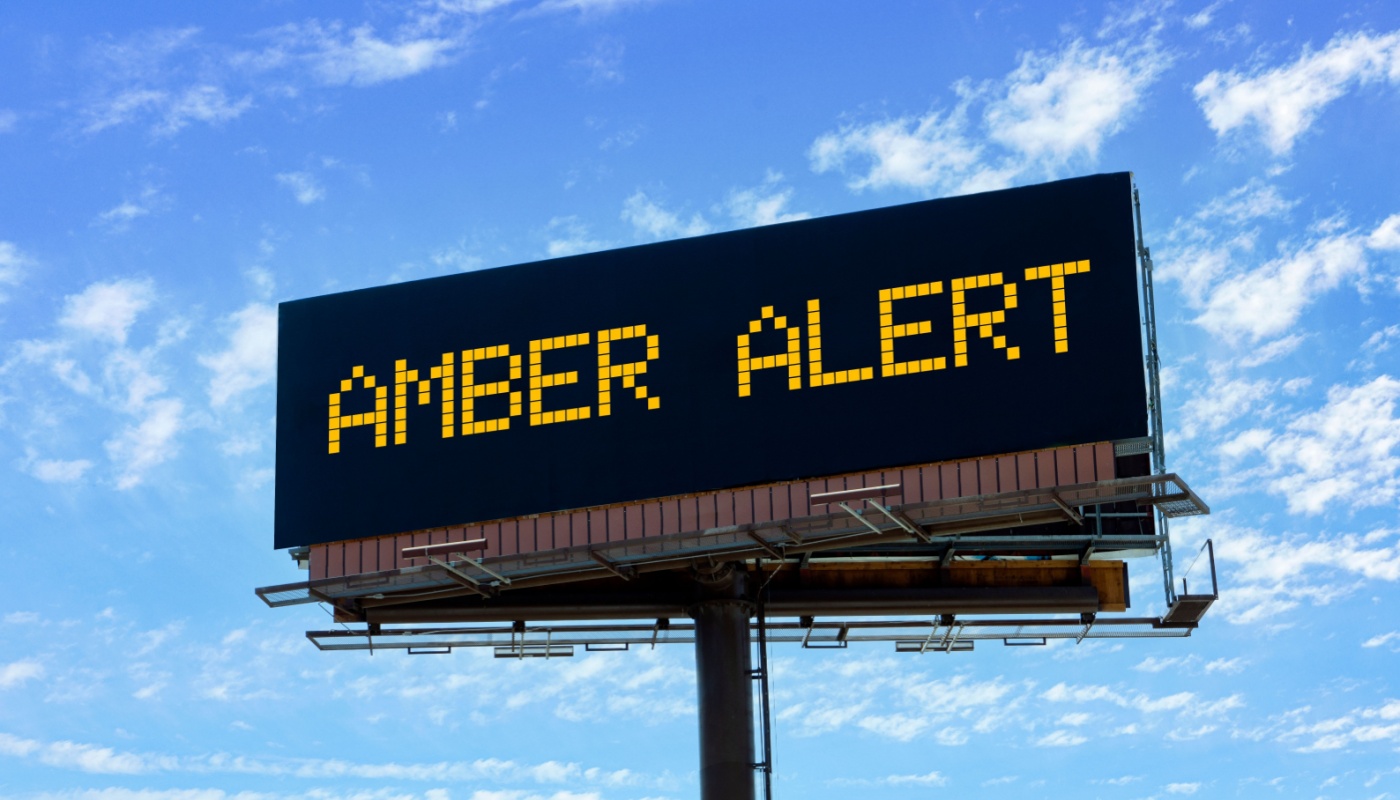

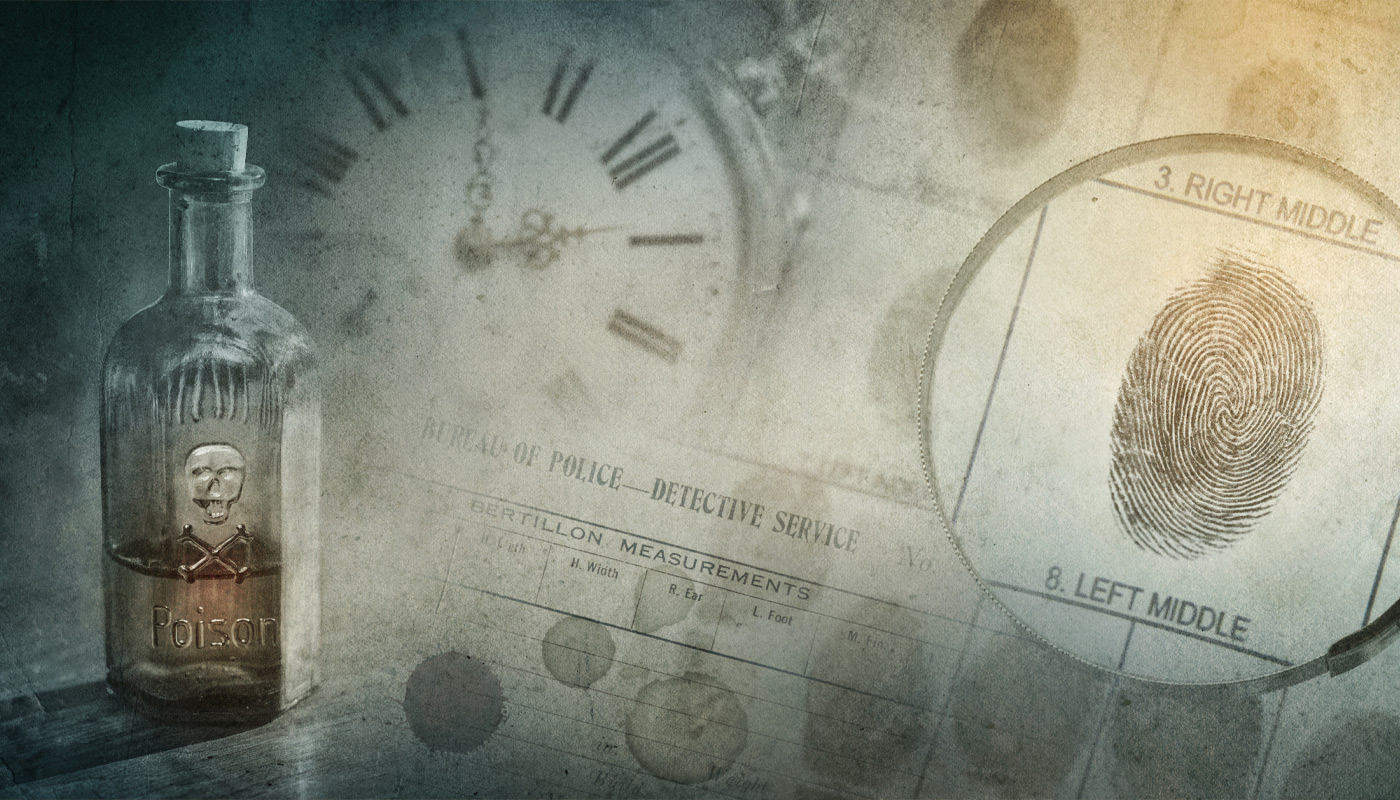










Comments